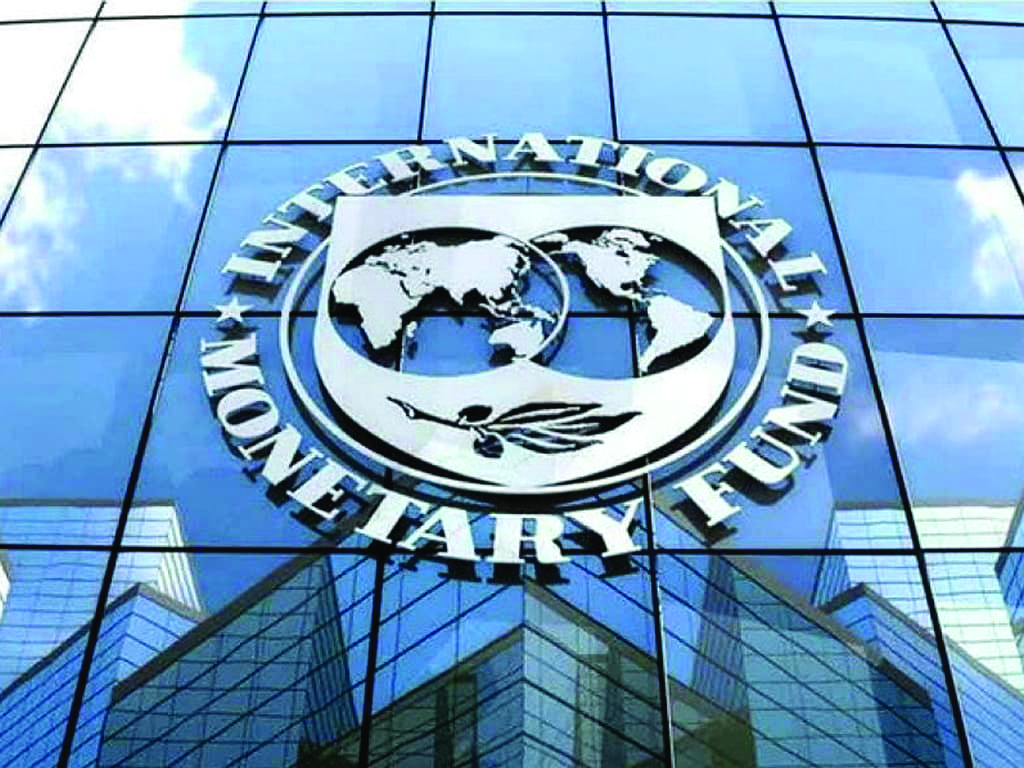Good initial progress made on quota reforms: IMF deputy MD

New Delhi: Good initial progress has been made on IMF quota reforms in line with the changing nature of the global economy, International Monetary Fund (IMF) deputy Managing Director Antoinette Sayeh said on Friday.
As per an IMF resolution, the 16th General Review of quotas should be concluded by December 15, 2023. Any adjustment in quota shares would be expected to result in an increase in the voting rights of emerging countries in line with their relative positions in the world economy. “We’re working of course quite a bit (on quota reforms)...from our experience from the last review, we understand that countries have very different perspectives about what the results of this quota review should be and we’ve been working with them to find areas of common ground and to make sure that there is ownership for how we approach the review,” she said.
Observing that there has been good initial progress being made on that, she said countries are fully aware of the changing nature of the global economy and the contributions that individual members make to it now.
“There is a need to align our governance structure with those changes...work in progress of course and a long way... but it is our expectation that we will make progress and it will be possible to come to a good outcome,” she said
On the fiscal consolidation, she said, this upcoming Budget would contain that and there would be a clear path to fiscal consolidation that also rely on the revenue side. Besides, she said, simplification of GST, Income Tax, and excise tax has improved the aspect of tax collection. “More ambition on the revenue side and more clarity on the medium-term fiscal consolidation. That’s broadly the advice we have given,” she said.
Irrespective of an additional Rs 3.26 lakh crore that the government has sought through supplementary demands, mostly because of high food and fertiliser subsidy, the government has expressed hope that it will stick to the fiscal deficit target of 6.4 per cent of GDP for the current fiscal.
Against the backdrop of the geopolitical upheaval the world has seen of late, Sayeh said South Asia needs to be wary of geo-economic fragmentation arising from trade restrictions.
“We hope for strong international cooperation to avoid fragmentation. That said, South Asia still needs to prepare for the worst,” Sayeh said in her opening remarks at the launch of a book on growth in South Asia.
The book addresses the role of trade in diversifying the South Asian economy, while also integrating the area into global value chains. The Russia-Ukraine war opened larger conversations about the economic repercussions of political decisions taken by countries as major supply-side bottlenecks were seen globally. “These disruptions opened up opportunities for South Asia to participate in global markets more prominently. But to benefit from these developments, the region needs to put in place necessary structural conditions through further liberalisation and regulatory reforms,” Sayeh said.
She also spoke about the necessity to meet the infrastructure development needs of the region “despite the limited fiscal space, through a combination of enhanced but prudent quality of public investment, and alternative financing strategies”.
Sri Lanka was seen grappling with a severe debt crisis this financial year, leading to a complete collapse in the politics and economy of the island nation. Unable to pay for fuel imports, authorities imposed daily blackouts and eventually declared a state of emergency. Support from multilateral agencies like the IMF, as well as from neighbouring countries, has helped the country tide through the worst of times.



